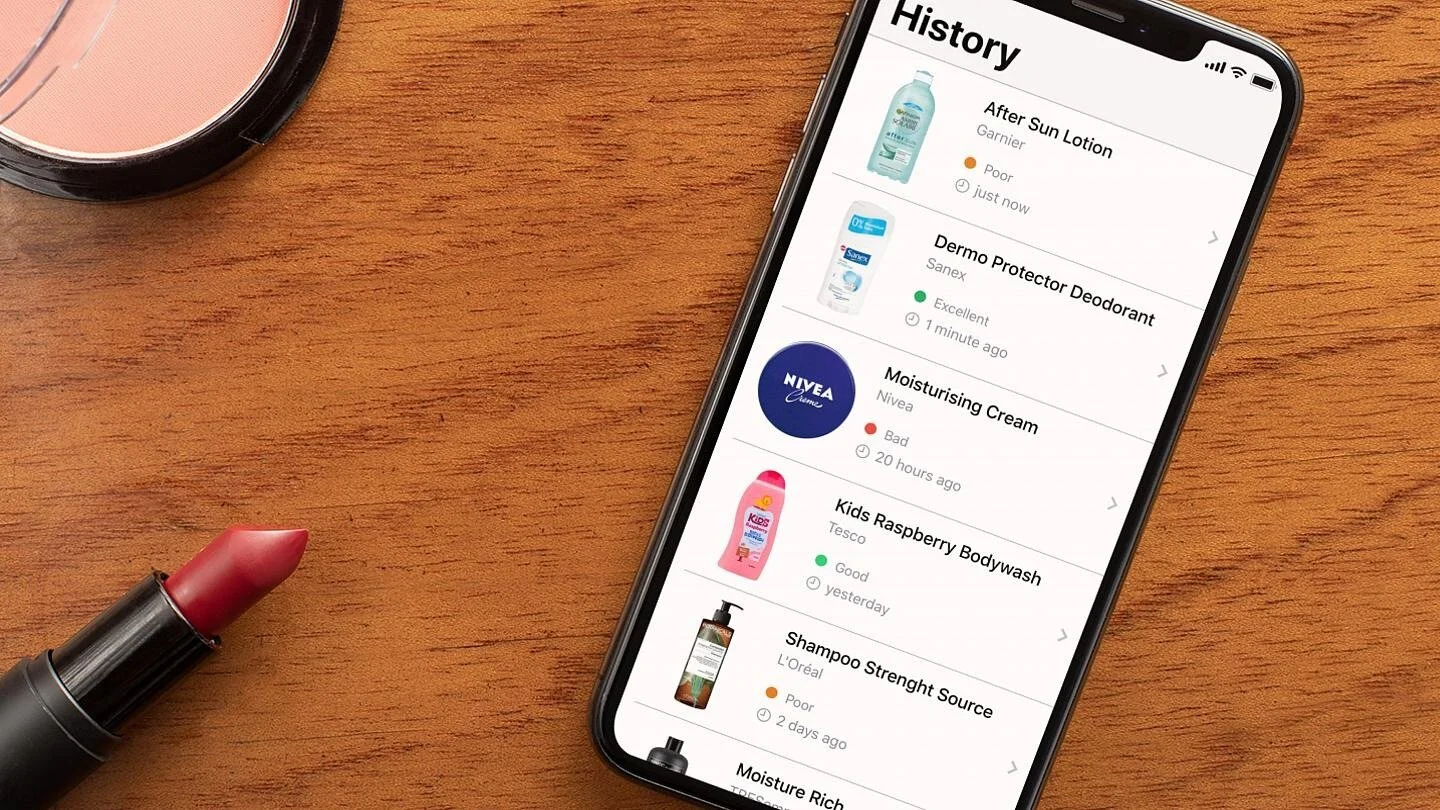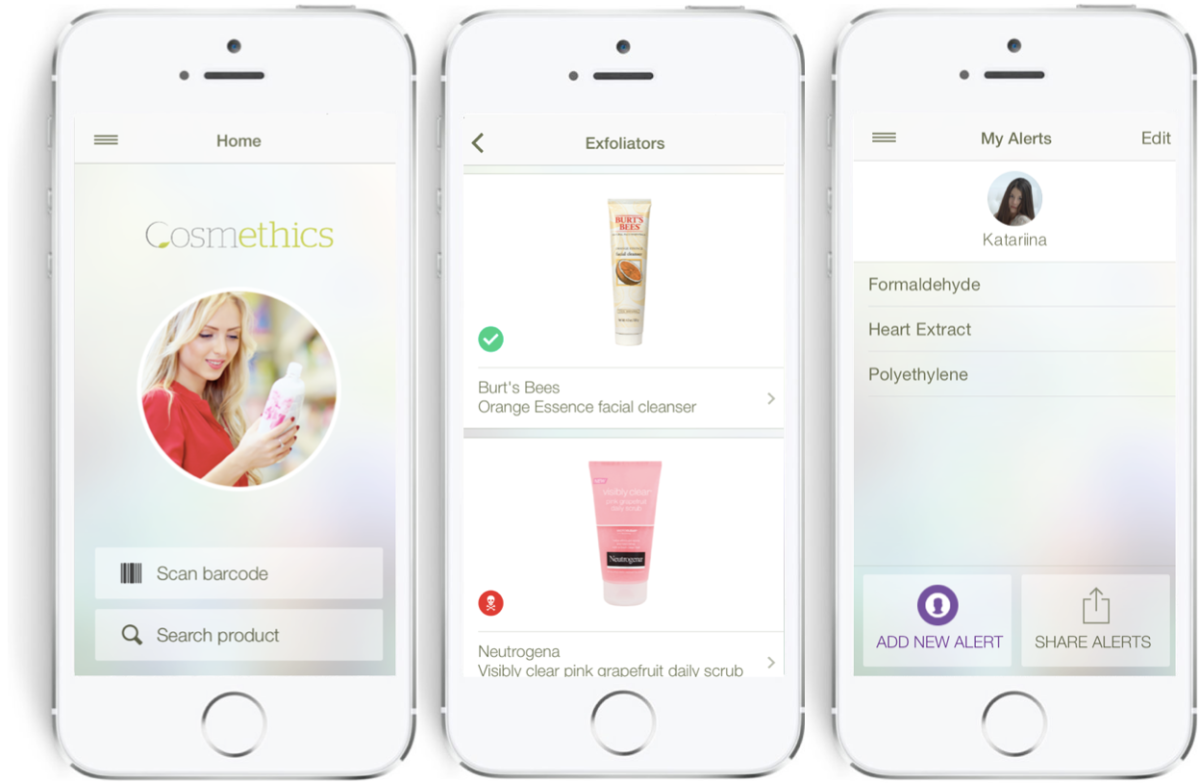Yuka: the barcode scanning app that rates beauty products
Free and reliable cosmetics ratings with the scan of a barcode
Imagine a world where you don’t have to spend hours watching YouTube product reviews or scrolling through hundreds of biased sponsored reviews online to be able to choose your next moisturiser, eye cream or superfood. Yuka puts an end to these loathsome research activities and give us free and reliable ratings with the scan of a barcode.
Launched in France in 2017 by brothers Benoit and Francois Martin and friend Julie Chapon, Yuka already has 19 million users. This revolutionary and easy-to-use app is only available in six European countries. It is clear that Yuka has a vast capacity to grow worldwide due to the wonders it will contribute to people’s health and the ease it will bring to choosing the right products.
The app rates food and beauty products, ensuring customers are making better informed decisions. Food is measured on nutritional quality, additives and how organic they are. Whereas the beauty products are rated in terms of risk, from low (green dot) to high (red dot).
There are a couple of other apps that boast similar features to Yuka. For example, Think Dirty allows users to scan the barcode of cosmetic products and immediately shows if they are ‘clean’ or ‘dirty’. Claiming to be a lifesaver for many, this app allows the user to see if the product they are interested in has toxic ingredients in them that can harm more than they help.
Think Dirty’s downside is that that it’s database is not large enough, with only 1,200 brands listed. In contrast, Yuka has information on 300,000 cosmetic products (as well as 700,000 food products). Another aspect which the two have in common is that both apps will give you better alternatives, if your product is risky for your health.
CosmEthics is another competitor in this barcode scanning market. With its aesthetically pleasing layout and ability to personalise your preferences on the app, CosmEthics has seen rapid growth since it was founded in 2013. The fact that this app is strictly cosmetics focused means its more favoured by beauty addicts and has a specific target market.
The CosmEthics initiative is focused on promoting open data. Its CEO, Katariina Rantanen, is adamant on helping people choose healthier cosmetics as well as promoting following the legal compliance in the EU regarding ingredients used in cosmetics.
Yuka is a reliable app – the fact that it is 100% independent is also vital to its mission as it does not accept collaborations with brands seeking to be promoted. However, what other apps have that Yuka does not is social purpose. Think Dirty, for example, are partners with the Breast Cancer Prevention Fund in San Francisco. These two organisations work together to raise money for initiatives that educate and empower customers to make better choices when choosing their beauty products.
The future of beauty product buying is changing. It has never been easier to know what you are putting in and on your body. These apps, are here to help us save our time, health and money.


